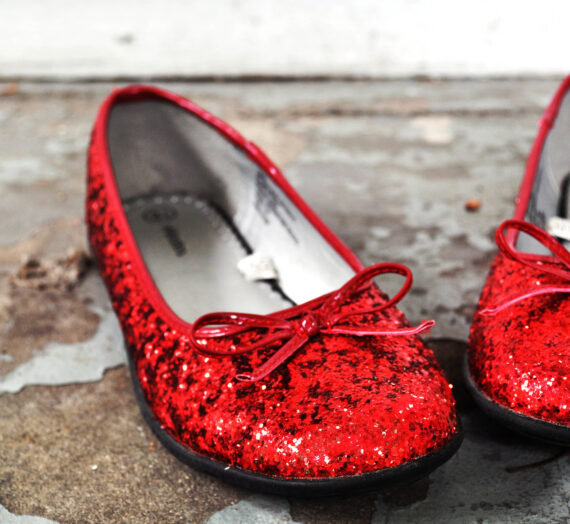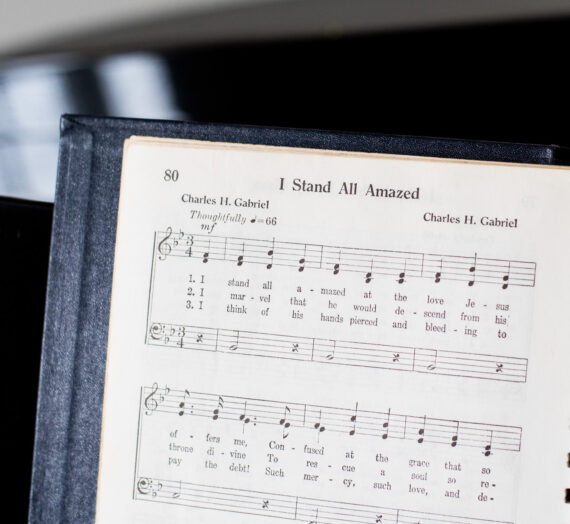We asked, you answered! Of all emotions, anger might be the least acceptable for Latter-day Saint women. Many of us are not comfortable being around it, expressing it, talking about it, or even feeling it. But when we choose silence over healthy dialogue, what’s the toll on our physical, emotional, and spiritual well-being? In Episode 183, Cynthia and Susan share listener voicemails about anger. Can we create space in our church culture for women to both experience and express this natural response?

Notes & Quotes:
Rage Becomes Her: The Power of Women’s Anger, by Soraya Chemaly
Out of Sorts: Making Peace with an Evolving Faith, by Sarah Bessey
Atlas of the Heart: Mapping Meaningful Connection and the Language of Human Experience, by Brené Brown
Women Are Not Switzerland, ALSSI podcast Ep. 43
Faith Journeying with Matt Jones — Rambunctious Youth to LDS Bishop and Wise Soul, by Dan Wotherspoon, Mormon Matters podcast, Ep. 499
Learning to Walk in the Dark, by Barbara Brown Taylor
“It took me too long to realize that the people most inclined to say “You sound angry” are the same people who uniformly don’t care to ask “Why?” They’re interested in silence, not dialogue. This response to women expressing anger happens on larger and larger scales: in schools, places of worship, the workplace, and politics. A society that does not respect women’s anger is one that does not respect women—not as human beings, thinkers, knowers, active participants, or citizens.” —Soraya Chemaly, Rage Becomes Her
“I hope we get angry, and that we say true things.” —Sarah Bessey, Out of Sorts
“I think anger is often the most compassionate response to experiencing or witnessing injustice.” —Brené Brown, Atlas of the Heart, Chpt. 12, Places We Go When We Feel Wronged
“Anger is an emotion that we feel when something gets in the way of a desired outcome or when we believe there’s a violation of the way things should be.” —Brené Brown, Atlas of the Heart, p. 220
“Frustration sometimes overlaps with anger. Both anger and frustration can result when a desired outcome is blocked. The main difference is that with frustration, we don’t think we can fix the situation, while with anger, we feel there is something we can do.” —Brené Brown, Atlas of the Heart, p. 54



